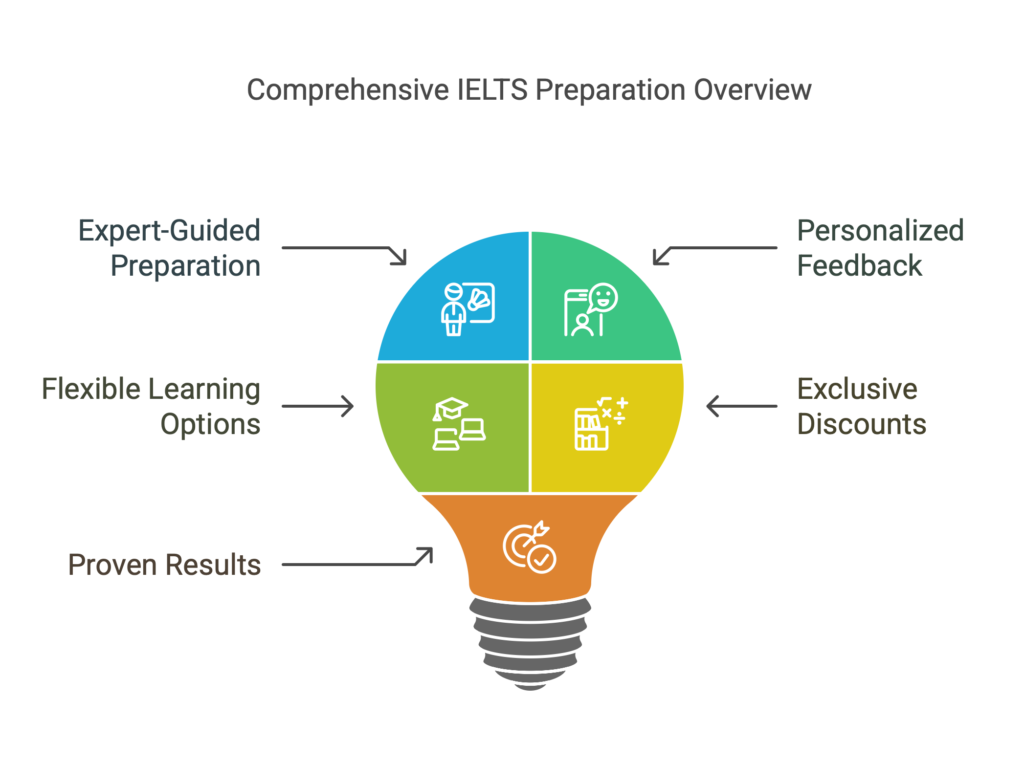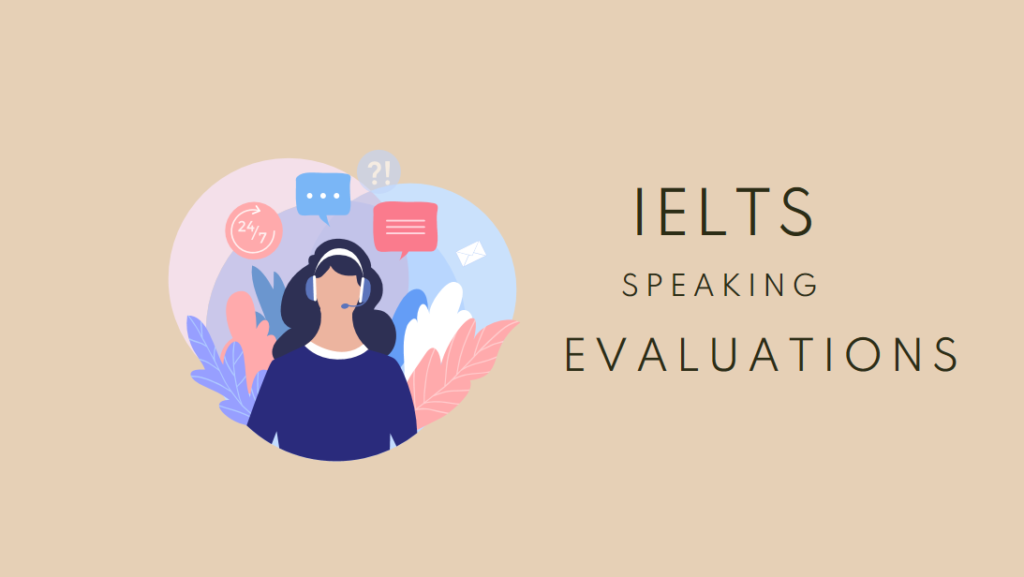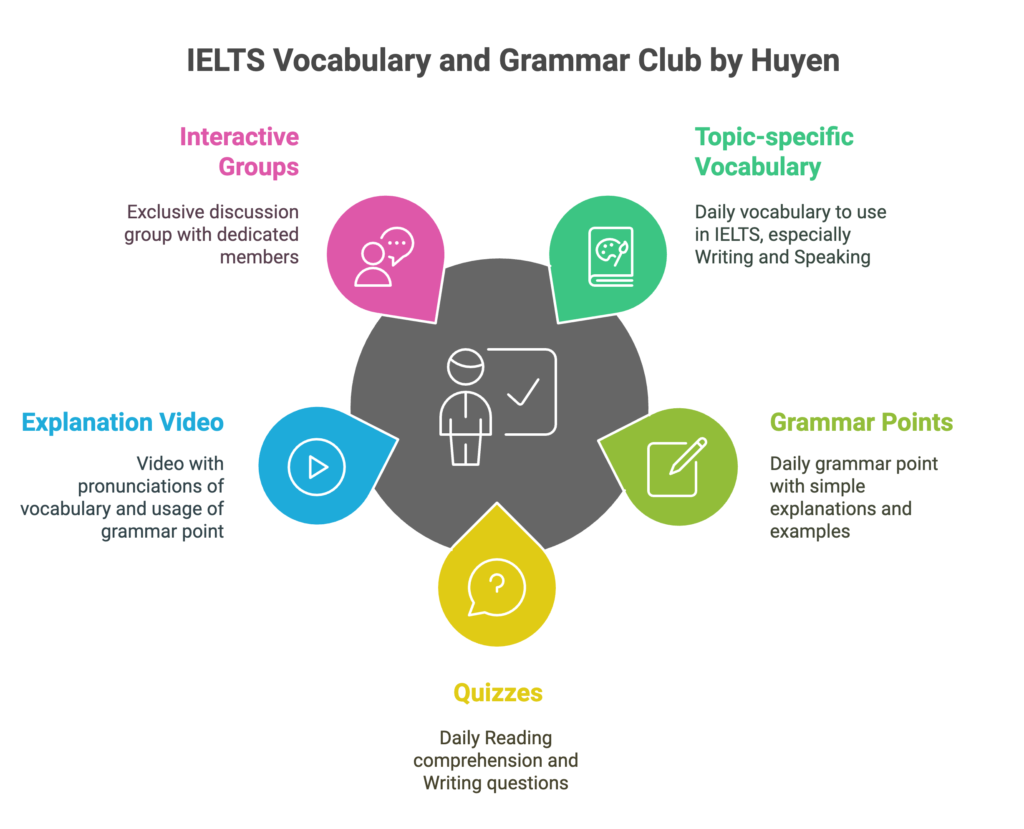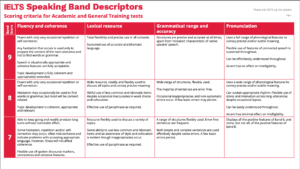What if I told you that you could take two essential tools with you to the IELTS exam room to crack the IELTS code—tools that can significantly boost your chances of achieving your dream band score? No, they’re not physical objects, but things that you, an many others, are obsessed with. Let me explain with a story.
The Microphone
My husband is a stand-up comedy enthusiast, and one day at a local comedy club, I met a performer named Ronald. Ronald was passionate about his craft, but during one of his performances, I noticed that he didn’t have a microphone to enhance his delivery. So, I lent him the microphone in my bag (as an IELTS trainer, I always carry one for my videos).
Ronald used it brilliantly. Later, Ronald told me that it was rather random for me to have a microphone with me on a random evening. To which I said, “I always come prepared.”
From that day on, he never performed without his own microphone. Ronald became the very first, and to this day, the only member of the club to have had his own show.
So, you see? Preparation matters, and having the right tools can make all the difference. In your IELTS exam, the “microphone” you bring isn’t physical—it’s your mental preparation.
Your Mental Toolkit for IELTS Exam
To crack the IELTS code, two of the key tools you need are grammar and vocabulary. These aren’t just nice-to-haves; they’re must-haves to succeed in the writing and speaking sections of the exam. And you can (and in my opinion, must) bring them with you to your IELTS exam.
Grammar Checklist for IELTS
Before you enter the exam room, ensure you have a solid grammar checklist. This checklist should be built while you are preparing. Here’s how to use it effectively:
- Before you start: Before you start writing/start your Speaking exam, recall the list by writing it down or call out the names of the grammar points on the list in your head. You should also do this while you are practicing to build a habit.
- While you write/speak: When writing or giving speaking answers, intentionally include the grammar points you have prepared.
- Check Your Work: Before submitting your writing, you should make sure most of the boxes you prepared, if not all, have been checked.
Having a mental grammar checklist ensures you’re ready to apply the right points naturally and confidently.
Each of my clients gets a customized grammar checklist created by me to ensure they are fully prepared. Here is a general checklist you can use as a starting point:

Topic-specific Vocabulary
Even though you can’t easily predict the topics you will get in your actual exam, you can still prepare for the common IELTS topics which often revolve around themes like education, health, or technology. To excel:
- Build a Topic-Based Word Bank: Focus on high-frequency IELTS topics and learn relevant two-word phrases (e.g., “global issue,” “key factor”).
- Practice for Flexibility: Use your vocabulary in multiple contexts during practice to make it second nature.
- Avoid Over-Memorizing: This isn’t about rote learning; it’s about understanding and using the language you’ve mastered.
With a strong vocabulary, you’ll feel prepared for any question the exam throws your way. I also recommend checking out my topic-based vocabulary collection, which includes examples and idioms specifically for speaking. You can access it here: IELTS Vocabulary Collection.
Practice: The Secret Ingredient
Even with the best grammar and vocabulary tools, practice is essential. Regularly rehearse writing essays and speaking answers to ensure these tools become second nature. The more you practice, the more confidently you’ll perform on exam day. Don’t rush to book your exam before you have done your due diligence.
Take Your IELTS Preparation to the Next Level!
✅ Practice for FREE: Access free IELTS listening tests and other practice materials to sharpen your skills.
- 📚 Get Expert Help: Join our IELTS preparation services to receive personalized guidance and study plans.
Remember: Preparation is your microphone. Bring it to the exam room, and you’ll be ready to shine. Let’s crack the IELTS code together!
Have fun learning! 😊



















Responses